People are living longer now than ever before. To support this, making lifestyle choices, like quitting smoking and losing weight, is a factor in living longer and avoiding senior health risks. However, it also helps if you have healthy habits like a good diet and regular exercise. Including a geriatrician (a doctor that specializes in helping seniors) to address the health concerns of aging can assist with managing any health-related problems.
Here are the six most common health problems in older people and solutions on how to manage them.
1. Heart Disease
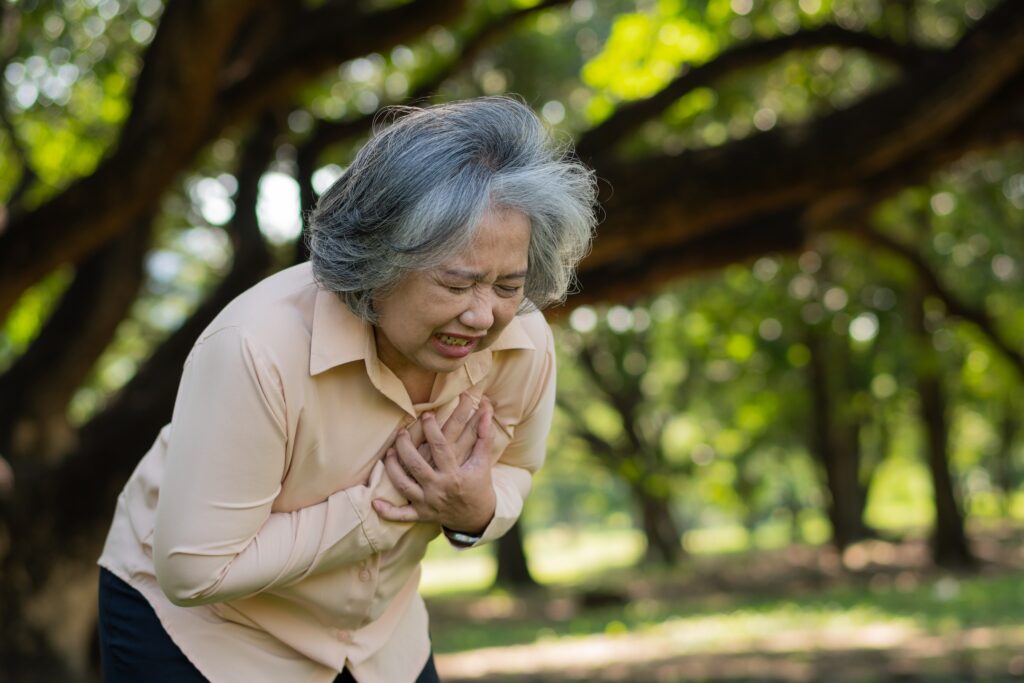
The heart is one of the most vital organs that pump blood to various body parts. Old age can cause heart and blood vessel changes, increasing the chances of heart disease. This chronic condition generates close to two-thirds of all deaths among the aged. The concern gets manifold since the symptoms of heart disease are not always apparent and are highly likely to get ignored.
Ways to prevent and manage heart-related ailments include:
- Keeping check and restricting the intake of bad fats (trans fats and saturated fats).
- Motivating to cut down on alcohol (or remove it altogether) and quit smoking
- Exercising at least 20-30 minutes every day
- Limiting daily salt intake to reduce sodium consumption
2. Diabetes
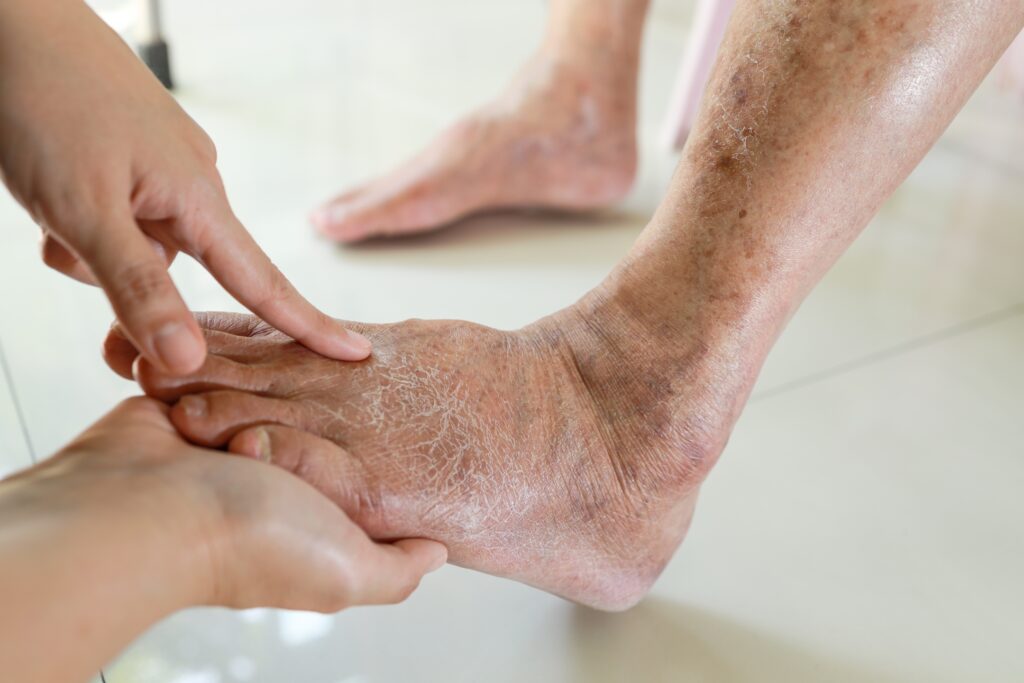
This problematic condition results in an inability to process sugar by your body. High blood sugar can have serious long-term health effects and lead to kidney disease, and heart disease. The risk of getting diabetes increases as one age. Adults aged 65 or older are at a greater risk of becoming diabetic.
Ways to prevent and manage diabetes include:
- Avoiding a sedentary lifestyle and keeping active in a day-to-day routine
- Reducing carbs and unhealthy fats in the diet
- Testing for blood sugar levels from time to time
- Taking medicines (and not skipping any dose) as advised by your doctor
3. Dehydration
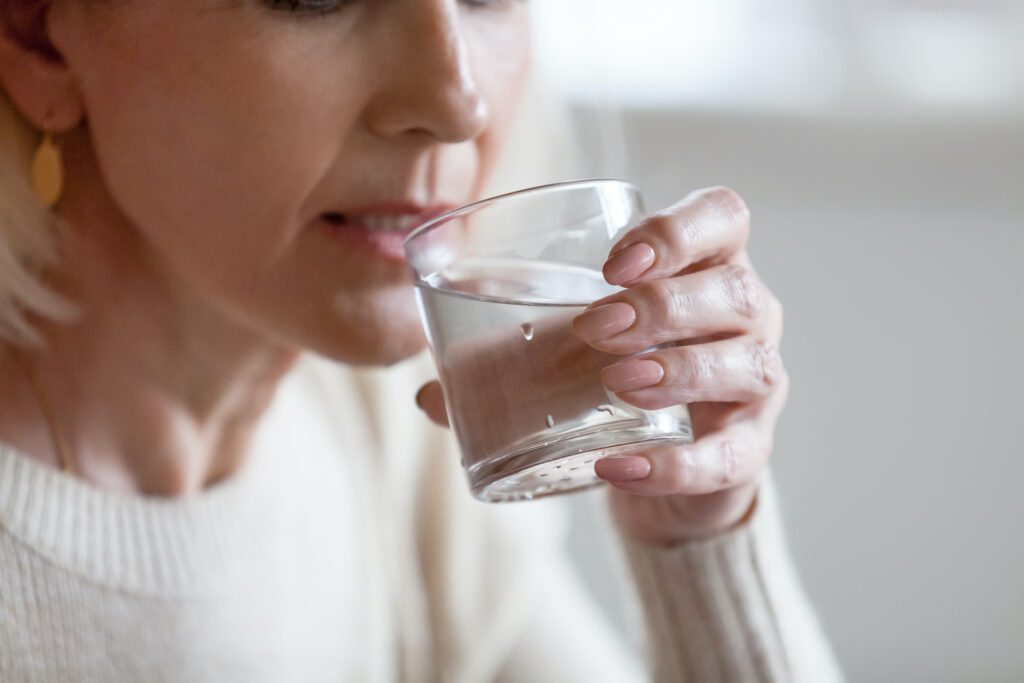
Dehydration is when your body lacks enough levels of fluids. The absence of adequate body fluids can harm your health, particularly in old age, because it can be linked to other severe problems like urinary tract infections or electrolyte imbalance.
Ways to prevent and manage dehydration include:
- Drinking at least 3 liters of water every day. People with heart failure need to be watchful of excess water intake.
- Limiting the intake of fluid-depleting drinks like alcohol and caffeinated beverages
- Taking more fruits, herbal teas, etc.
4. Chronic Constipation

Being unable to defecate appropriately and feeling full is a common problem in the elderly. This might not have any immediate, profound implications, but it can lead to troublesome issues such as bloating, indigestion, nausea, and stomach pain when it becomes frequent and severe. The primary cause of constipation can be as simple as a lack of physical activity and fiber in the diet.
Ways to prevent and manage constipation in the elderly:
- Including more fruits and green leafy vegetables in the diet to consume more roughage
- Keeping well-hydrated
- Taking Probiotics
- Exercising regularly to maintain healthy bowel movements
- Seeking expert help if the lifestyle changes do not help.
5. Mental Health
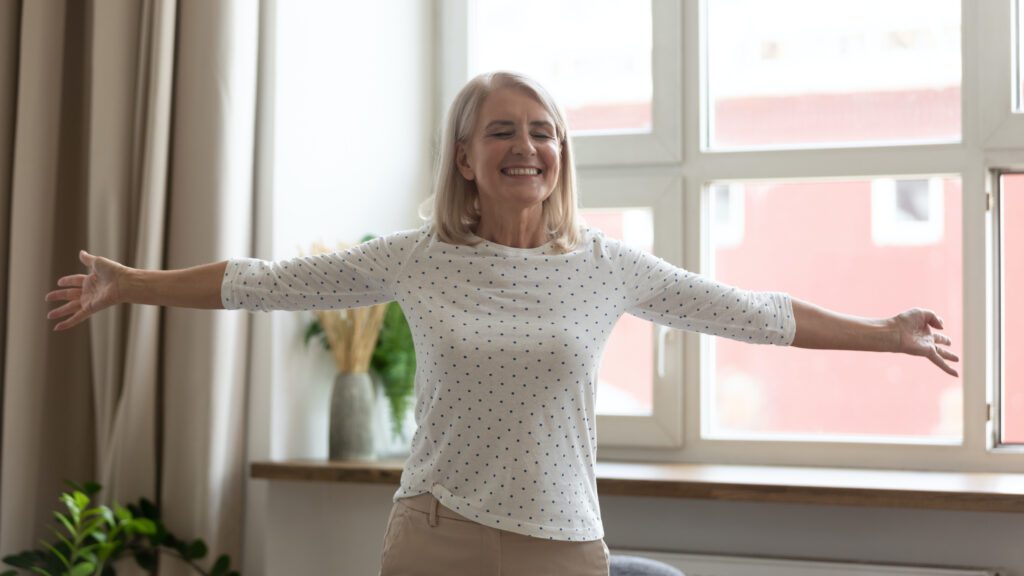
Similar to physical health, mental health tends to deteriorate with age. It is estimated that around 15% of people aged 60 and above are affected by at least one mental health condition. Older adults are likely to develop Alzheimer’s disease, depression, and anxiety.
“No amount of anxiety can change the future. No amount of regret can change the past.”
Karen Salmansohn
Ways to cope with most of these mental health problems need a customized approach; however, the following steps can help in a generalized manner:
- Staying connected with neighbors, family, and friends.
- Adopting a pet
- Picking up a new hobby like gardening, knitting, pottery, etc.
- Journaling to keep a check on feelings and emotions
6. Bone and Joint-Related Disorders:
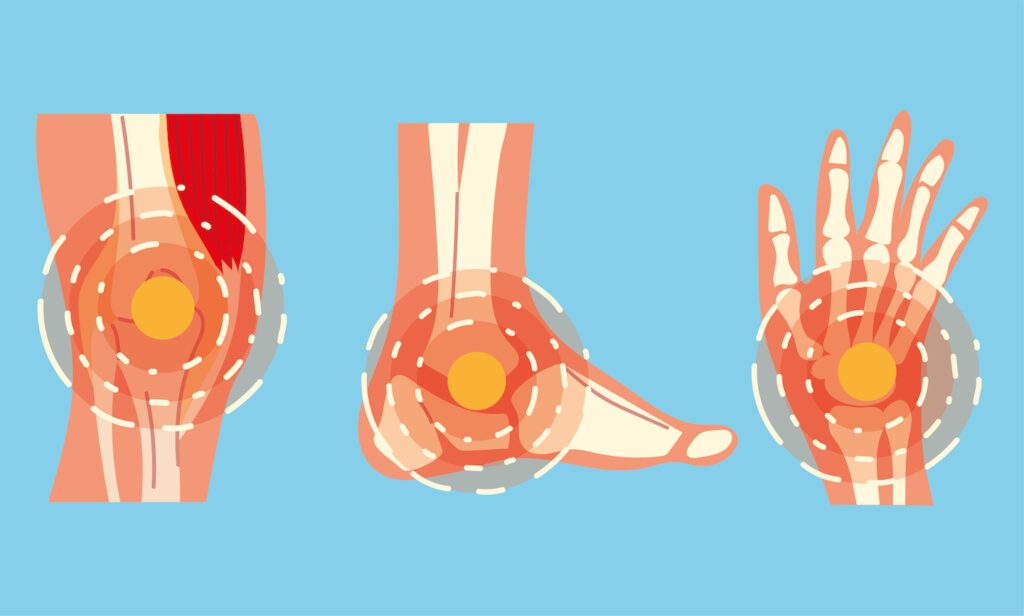
Conditions such as osteoarthritis, rheumatoid arthritis, and muscle aches are common in the elderly. Arthritis affects almost half of all people of age 65 and older. Bone and joint-related disorders can significantly impact the quality of life as they affect your participation in daily activities.
Ways to manage symptoms related to bone, muscle, and joint-related conditions in the elderly include:
- Participating in physical activities within your range of movements
- Taking enough calcium and vitamin D-rich foods or supplements and collagen
- Getting enough sunlight on your skin–but not too much!
- Including anti-inflammatory foods in the daily diet. These include nuts, seeds, fatty fish like salmon, or supplementing Omega-3 Oil and turmeric.
- Getting tested for arthritis and related conditions as and when advised by your doctor
- Having fall support in bathrooms to avoid any accidental fall









